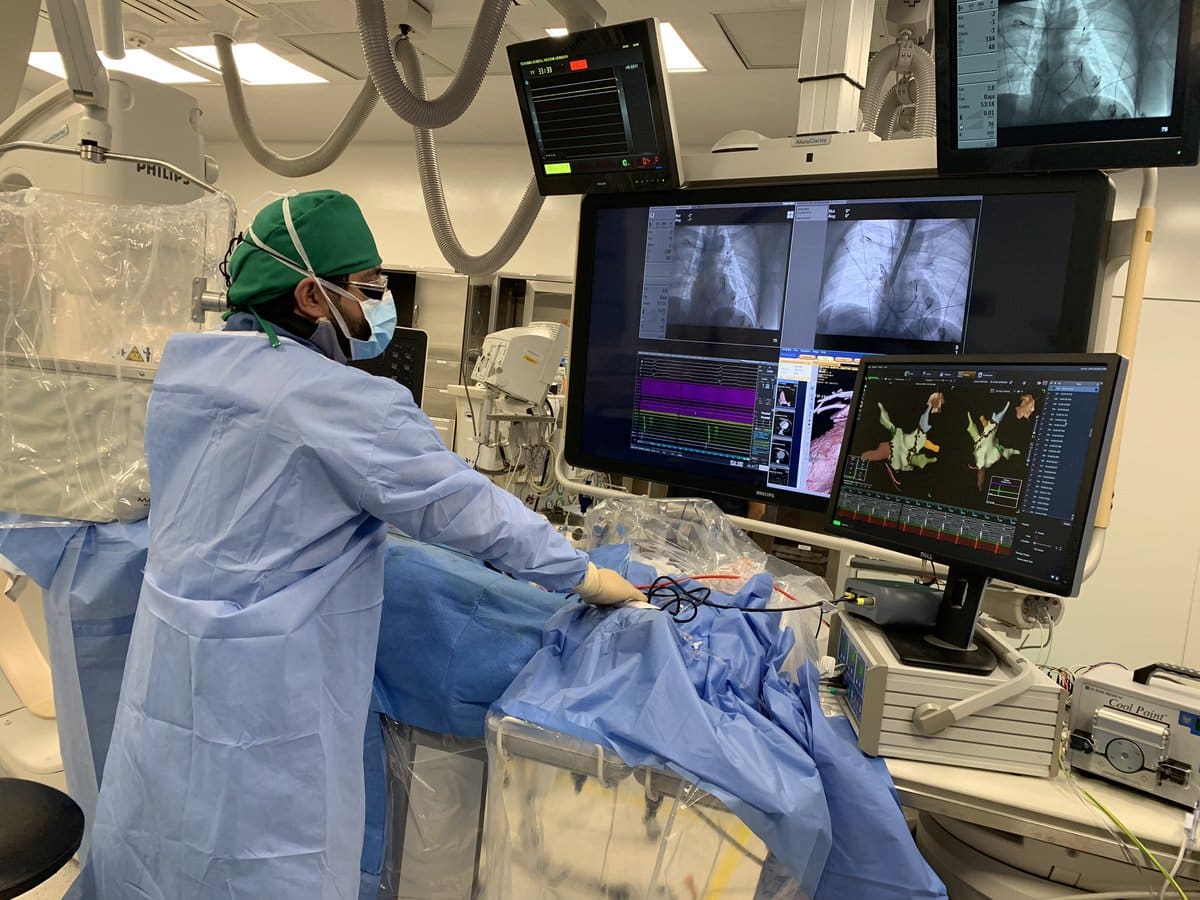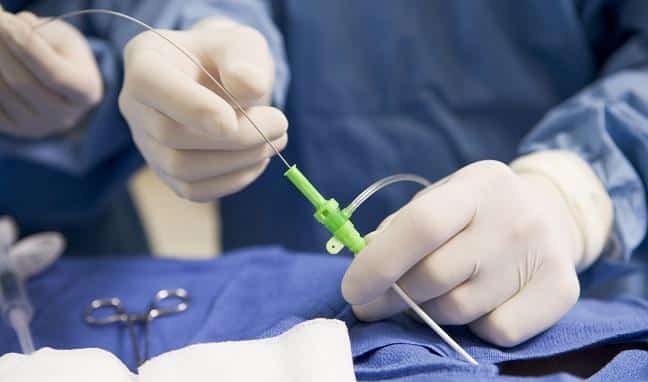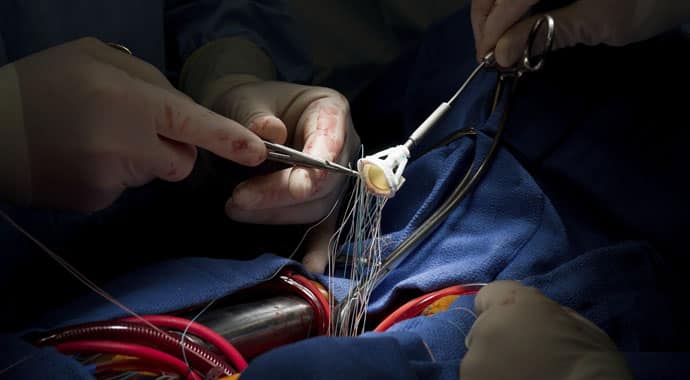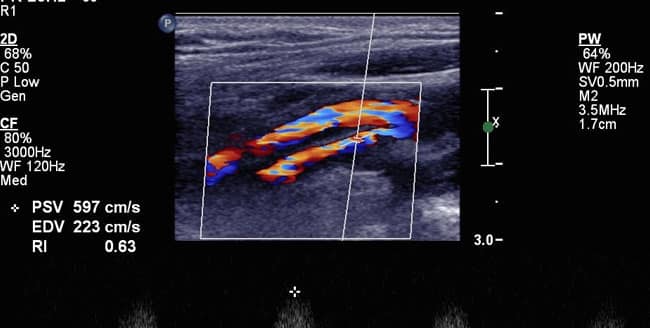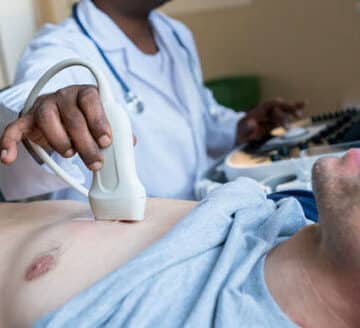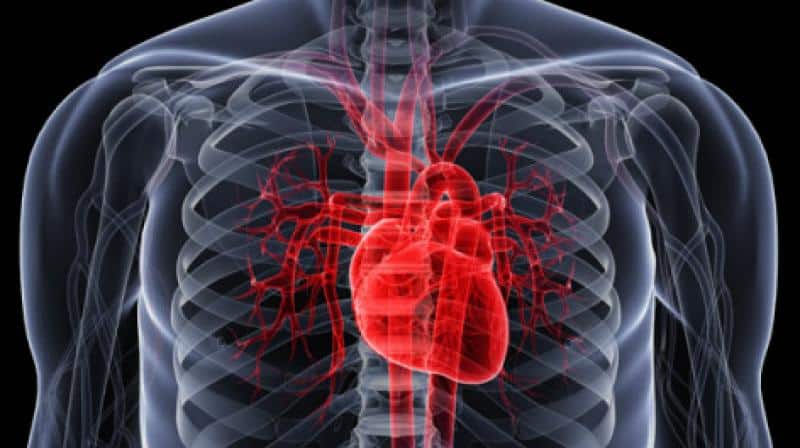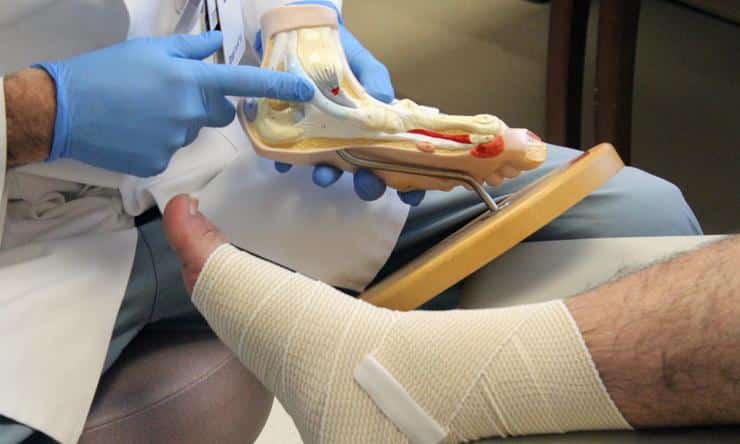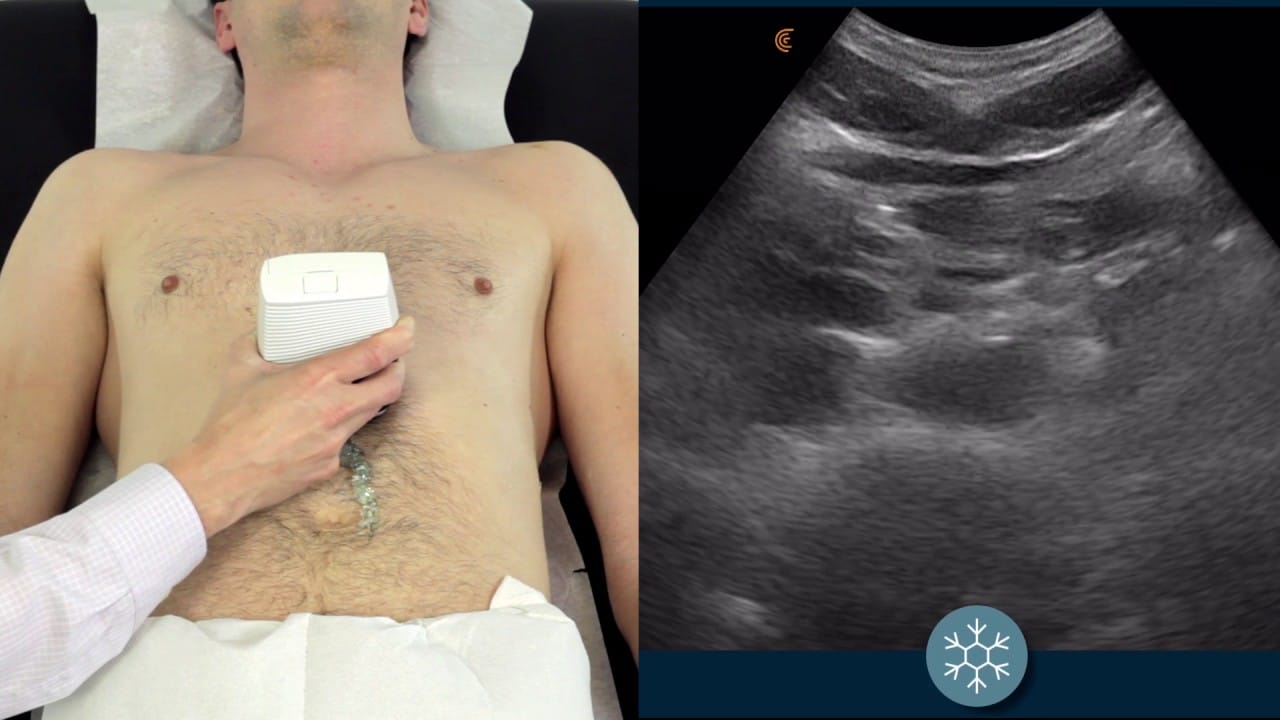Peak Heart & Vascular
Multispecialty Cardiovascular Group located in Laveen, Surprise, Avondale, Phoenix, and Flagstaff, AZ
Structural heart disease can affect the walls, chambers, or valves in your heart, causing a range of worrying cardiac problems. If you have structural heart disease, the team of board-certified cardiologists at Peak Heart & Vascular in Laveen, Surprise, Avondale, Flagstaff, and Phoenix, Arizona, can help. They use cutting-edge techniques, including transcatheter valve procedures and MitraClip™ valve repair to perform minimally invasive treatment of structural heart disease. Call Peak Heart & Vascular today for more information or schedule a consultation online.
Structural Heart Disease Q & A
What is structural heart disease?
Structural heart diseases are those that affect the valves, chambers, or walls of your heart. Some people have a congenital structural heart disease, which means they’re born with it, while others develop these problems at a later point in their lives.
Structural heart disease is more likely to affect you if you have disorders like high blood pressure or narrowed arteries from atherosclerosis. Certain medications can increase your risk, as well.
What forms of structural heart disease are there?
The most widespread forms of structural heart disease include:
- Aortic valve disease
- Atrial septal defect
- Ventricular septal defect
- Mitral valve disease
- Tricuspid valve disease
- Pulmonic valve disease
- Hypertrophic cardiomyopathy
The Peak Heart & Vascular team diagnoses your structural heart disease by discussing your symptoms with you, reviewing your medical and family history, and performing a physical exam. You might also need to undergo further diagnostic tests such as an echocardiogram (ECG), cardiac MRI, CT scan, or stress testing.
How is structural heart disease treated?
Using cutting-edge approaches like cardiac catheterization, the Peak Heart & Vascular team can very often treat your structural heart disease without the need for open surgery. These techniques pose fewer risks, take less time, and require less recovery time.
Minimally invasive procedures they specialize in include:
Balloon valvuloplasty
Balloon valvuloplasty or valvotomy can correct heart valves whose openings are too narrow. Your provider inserts the balloon into the valve and inflates it, opening valves that are stiff, thickened, or fused to allow your blood to flow freely.
Alcohol septal ablation
Alcohol septal ablation is an option for treating hypertrophic obstructive cardiomyopathy, a condition that causes your heart muscle to expand and blocks blood flow. Your provider shrinks the obstruction by injecting a small quantity of alcohol into the affected area.
MitraClip
MitraClip transcatheter mitral valve repair is a procedure where your provider at Peak Heart & Vascular implants a metal device in your heart. This small clip goes on your mitral valve, holding it closed when there’s a hole in your heart to prevent blood from flowing the wrong way.
Transcatheter valve techniques
There are several of these techniques, including transcatheter aortic valve replacement (TAVR) and transcatheter aortic valve implantation (TAVI) for treating coronary artery disease and transcatheter mitral valve replacement (TMVR) for treating mitral valve disease.
Watchman
Watchman is an implantable device for treating nonvalvular AFib. This condition can increase your risk of blood clots and, in turn, make you more likely to experience a heart attack or stroke. Watchman seals the left atrial appendage where most clots gather, preventing them from blocking your blood vessels.
The Peak Heart & Vascular team also performs procedures to close hole-in-the-heart conditions like patent foramen ovale (PFO) and atrial septal defect (ASD).
For more information about these procedures for structural heart disease or to discuss any heart health concerns you have, call Peak Heart & Vascular today or book an appointment online.

